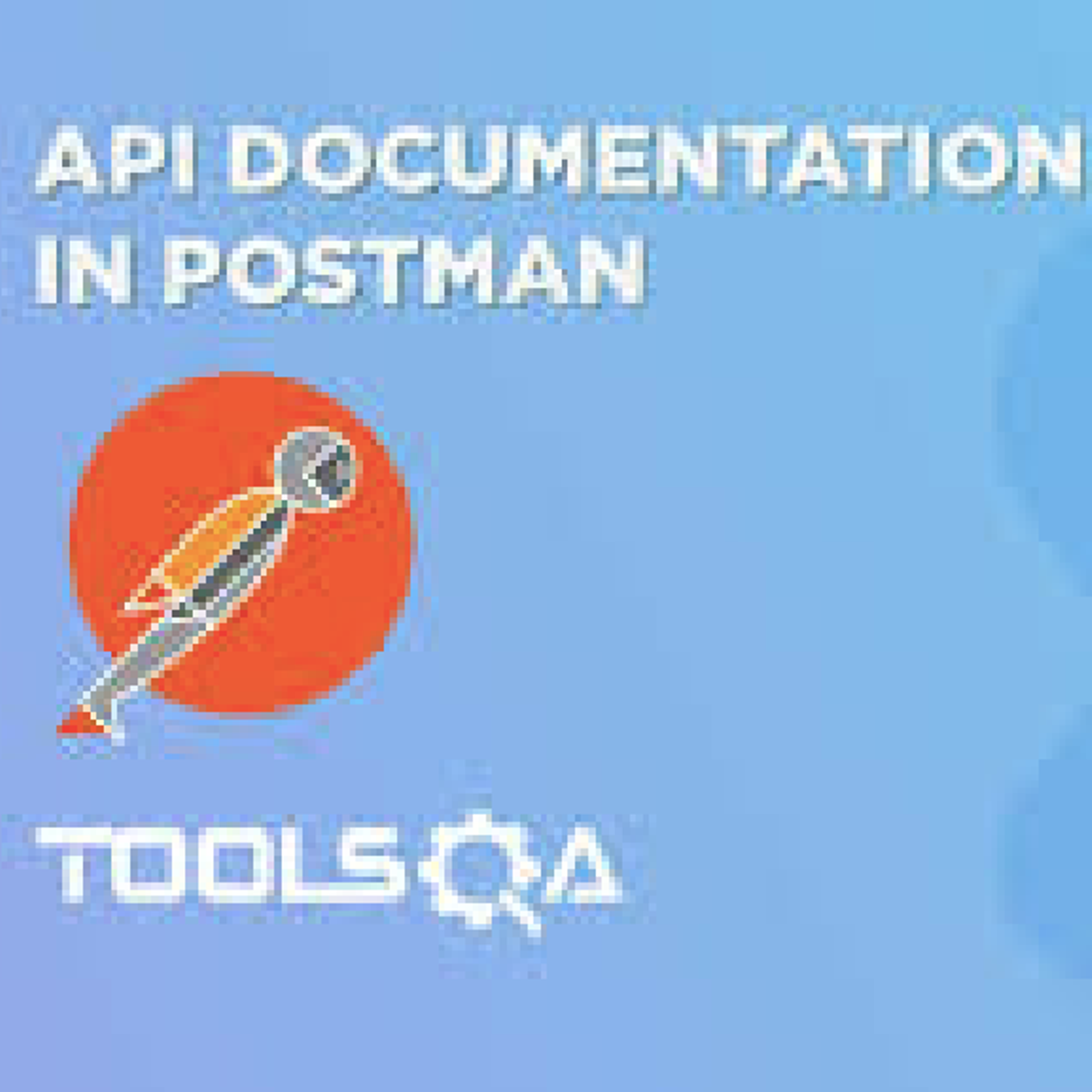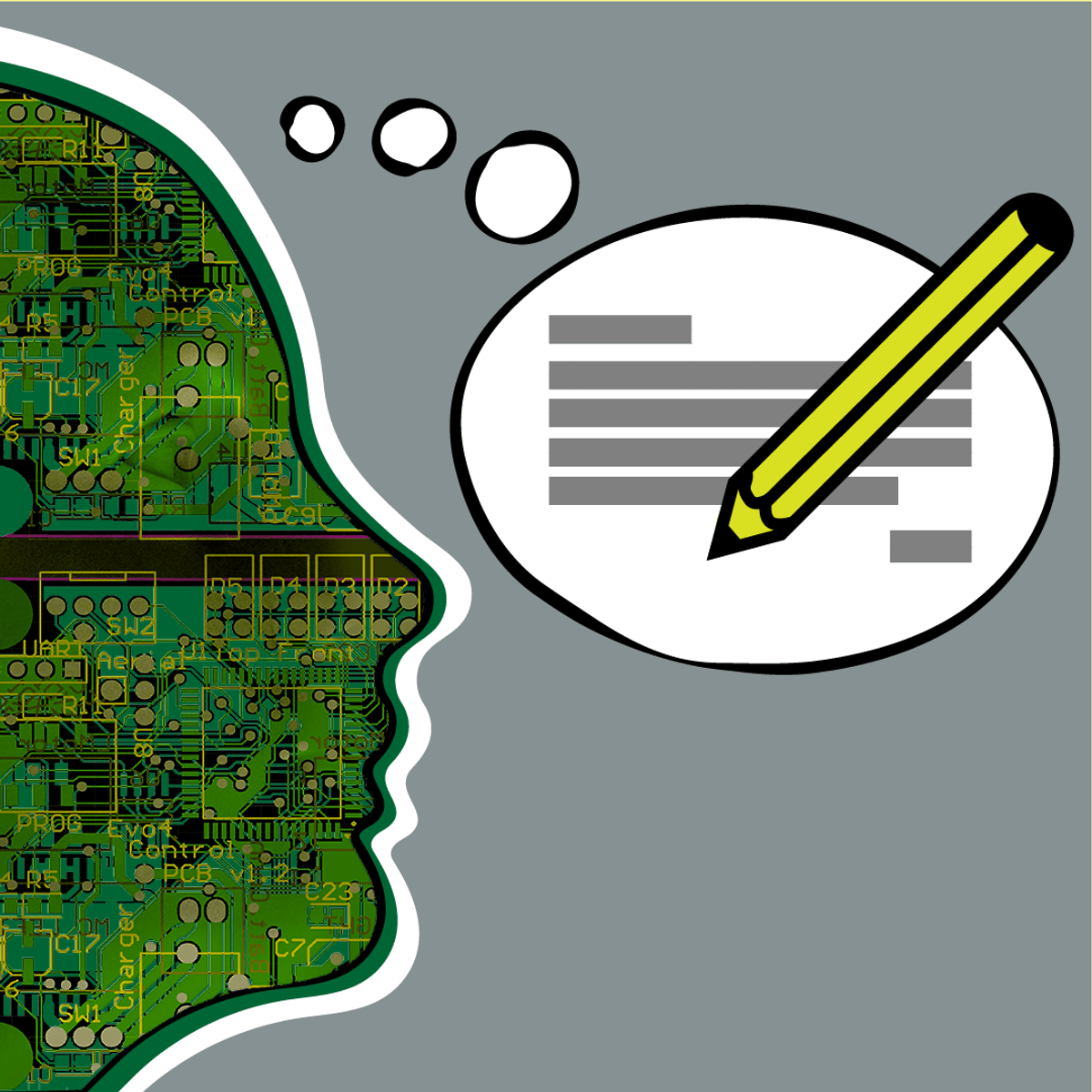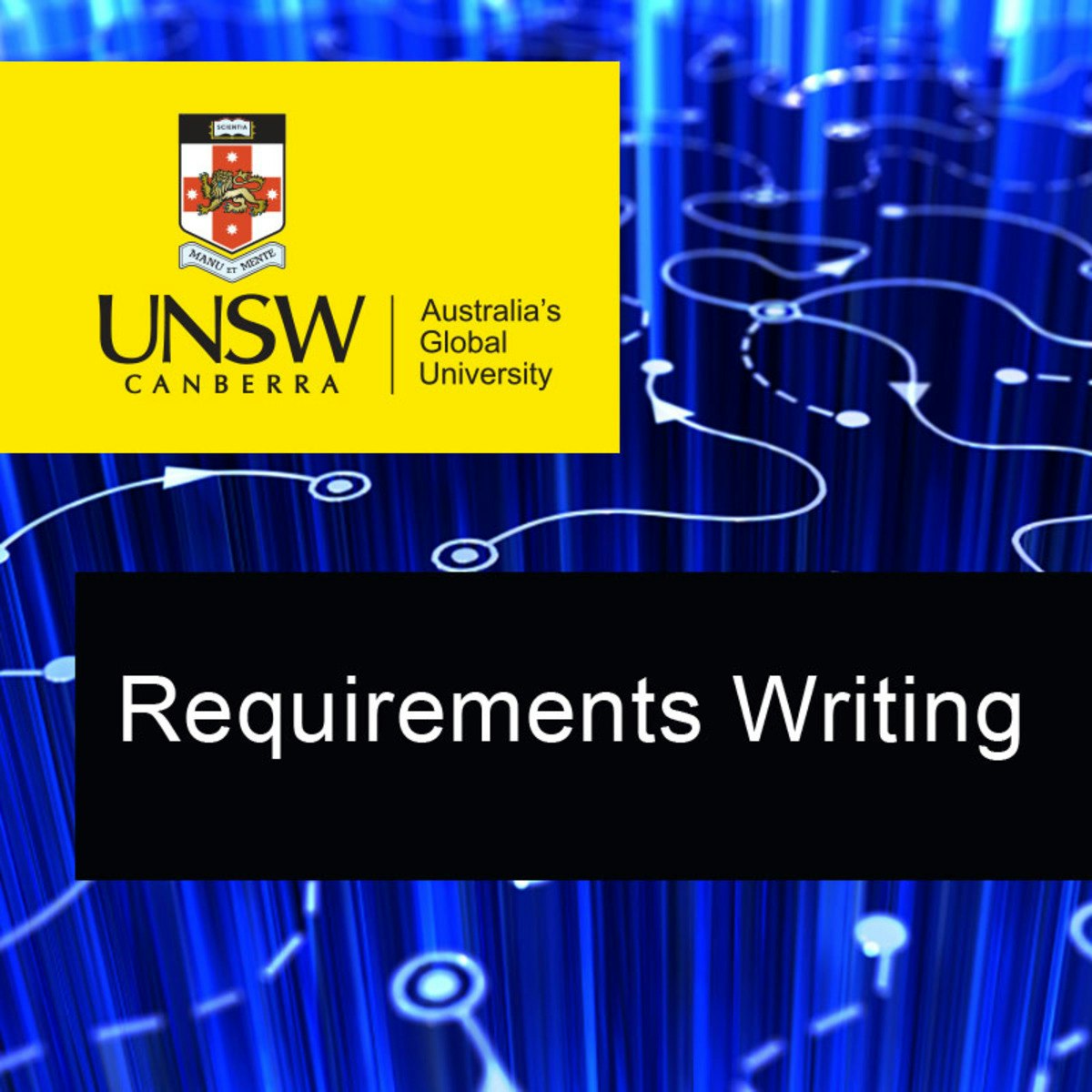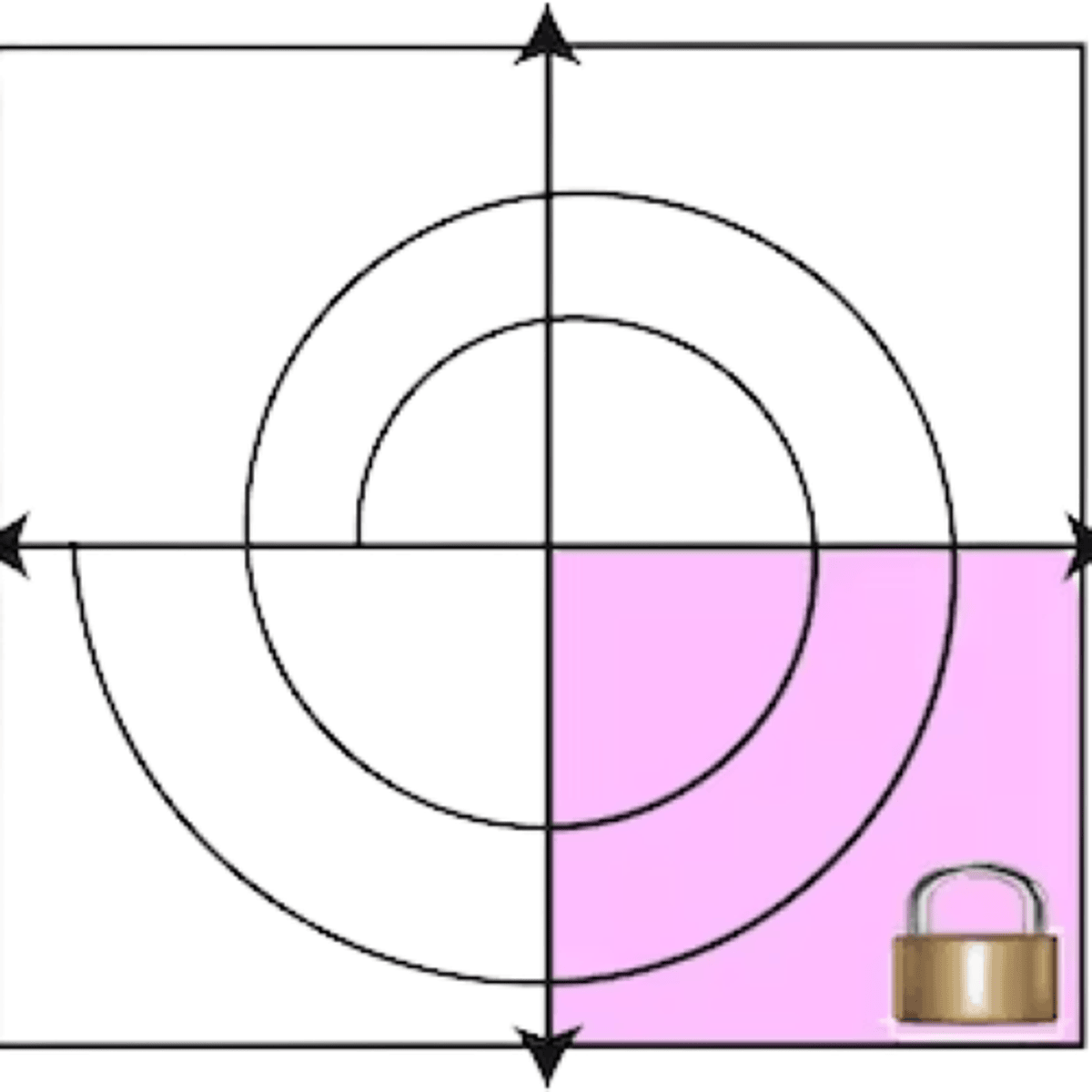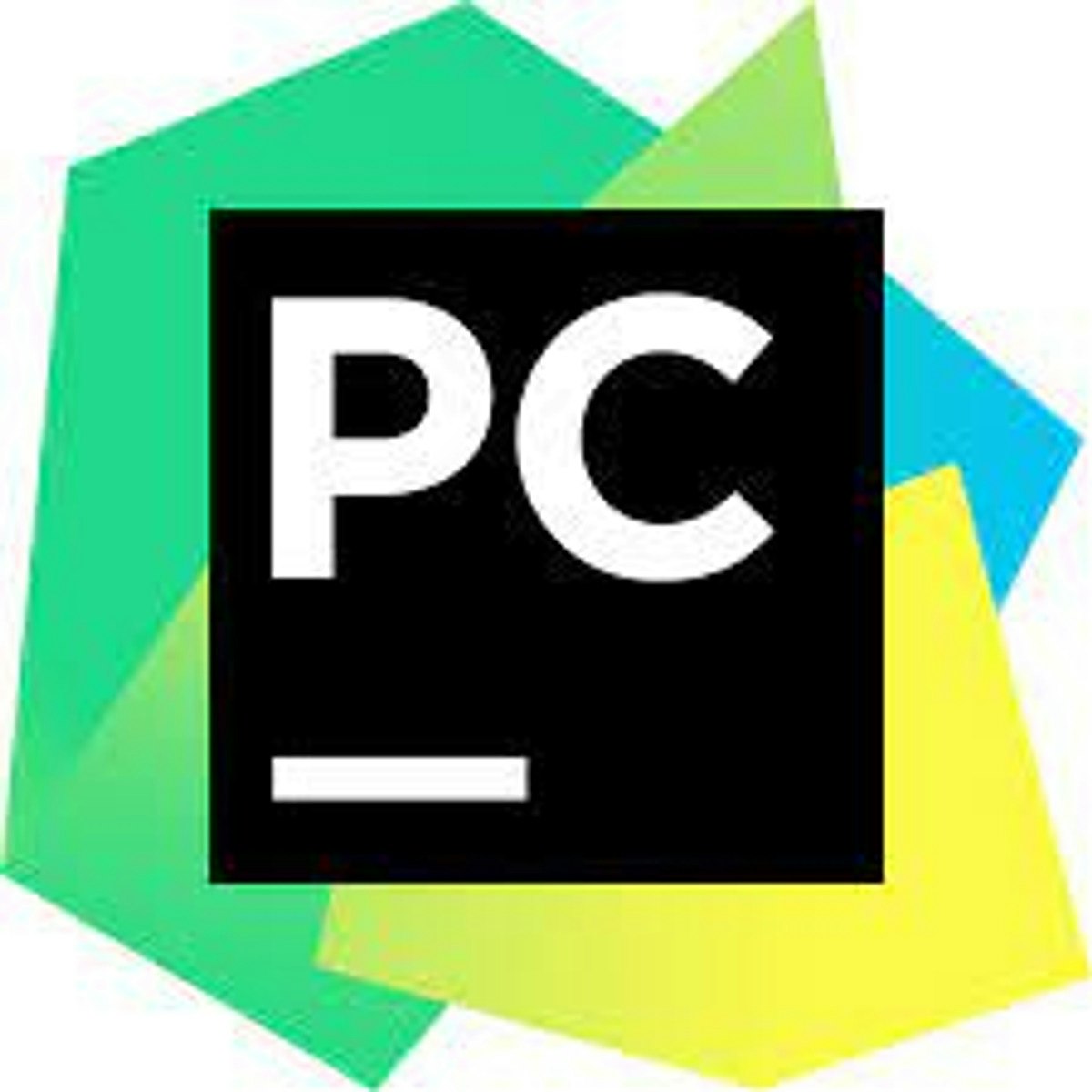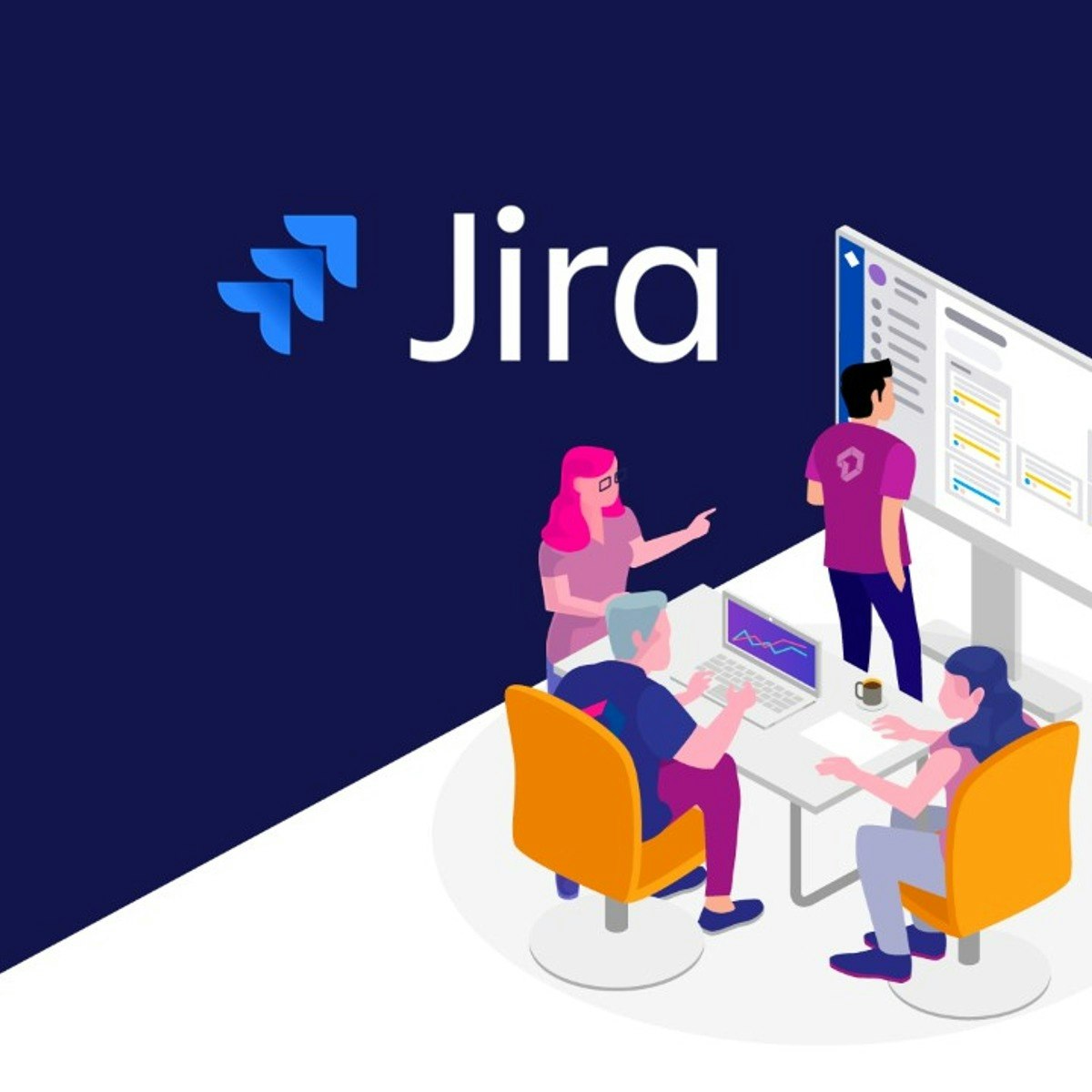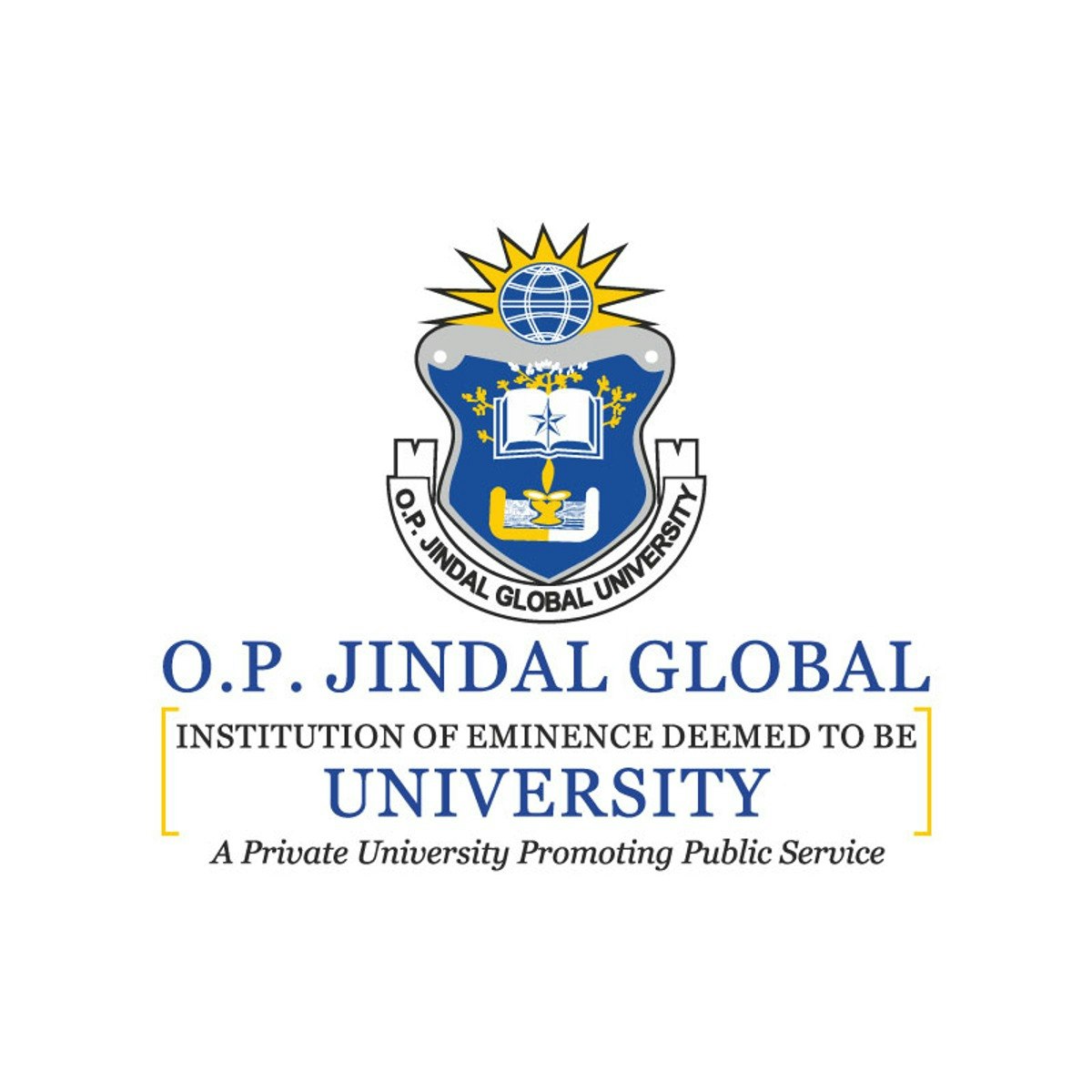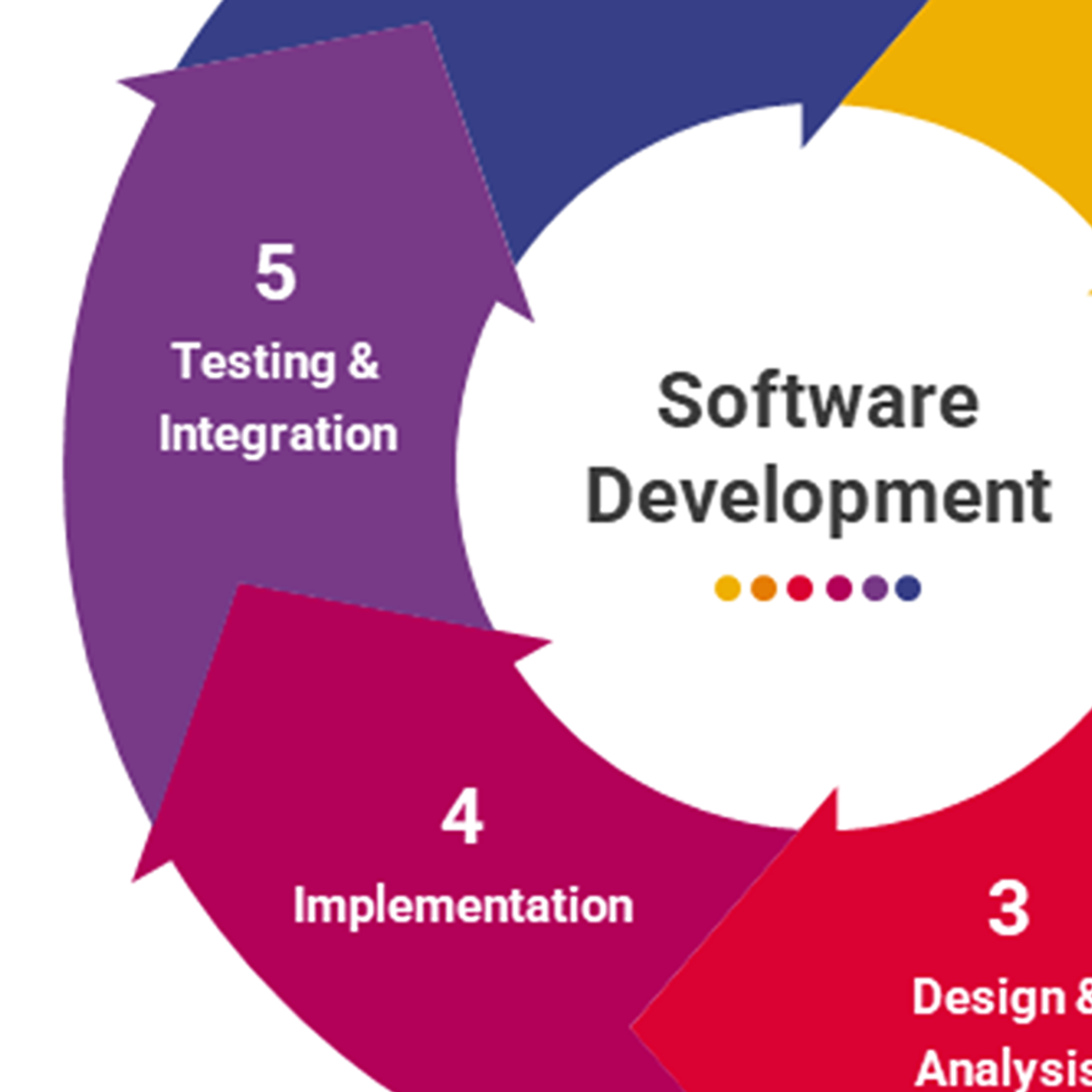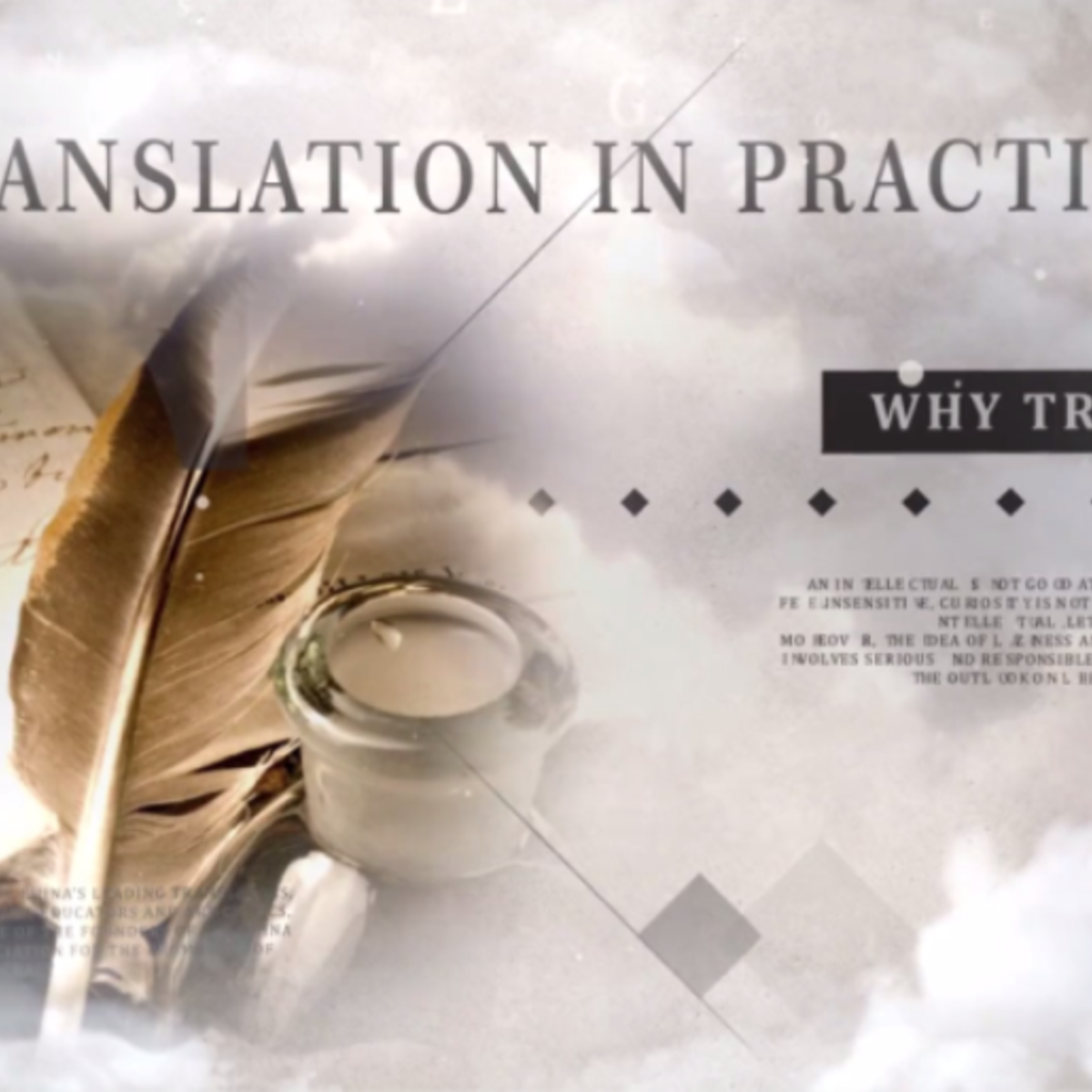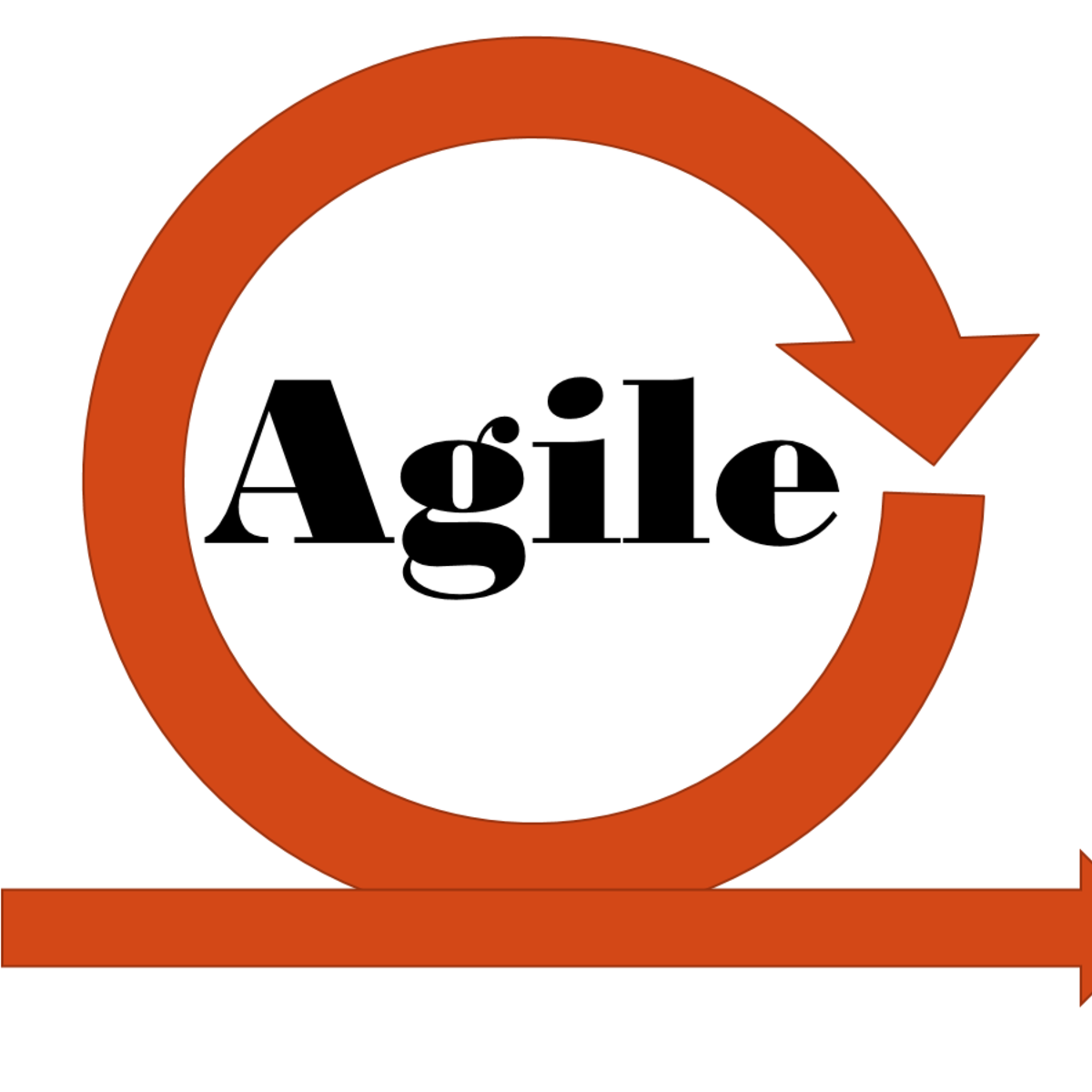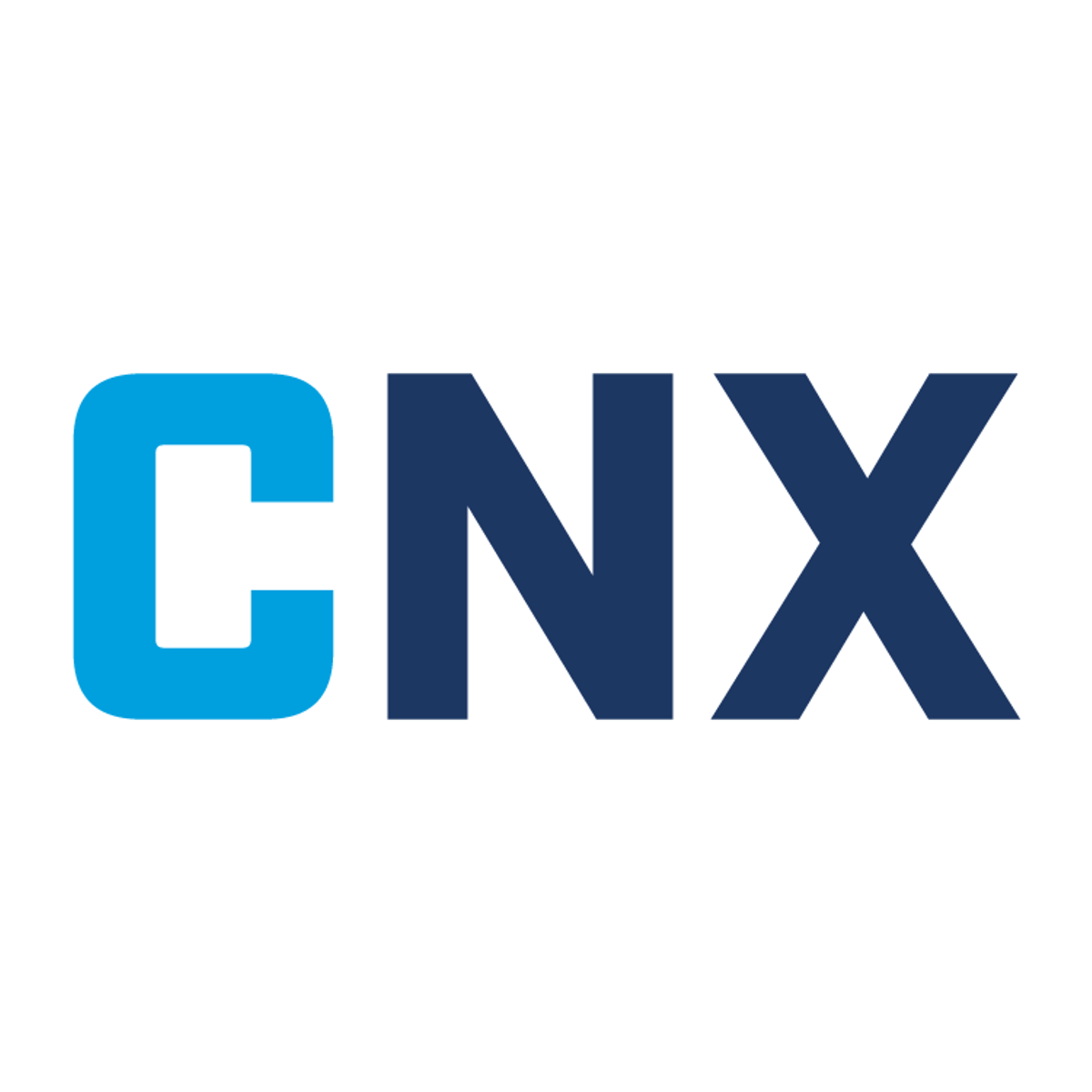Technical Writer
Embarking on a Career as a Technical Writer
Technical writing is the practice of creating clear, concise documentation that helps people understand and use complex products, processes, or technologies. It bridges the gap between technical experts and the end-users, translating specialized information into accessible language. Think user manuals for software, assembly instructions for furniture, procedural guides for medical devices, or API documentation for developers – these are all products of technical writing.
This field offers the unique challenge of mastering both language and technology. Successful technical writers enjoy delving into how things work and possess a talent for explaining intricate concepts simply. It's a career that demands precision, clarity, and a deep understanding of the target audience, making it both intellectually stimulating and impactful across numerous industries.
Introduction to Technical Writing
What is Technical Writing?
At its heart, technical writing is about communication with a specific purpose: to convey technical information accurately and efficiently. Unlike creative or academic writing, its primary goal isn't entertainment or theoretical exploration, but enabling users to perform tasks, understand concepts, or make informed decisions. Clarity, accuracy, and usability are the cornerstones of effective technical documentation.
Technical writers act as translators, taking complex information from subject matter experts (SMEs) like engineers, scientists, or software developers, and transforming it into content that specific audiences can readily understand and apply. This involves not just writing, but also structuring information logically, selecting appropriate formats, and often incorporating visuals like diagrams or screenshots.
The core purpose is to make the complex simple, ensuring that users can interact safely and effectively with products or systems. Good technical documentation reduces support costs, improves user satisfaction, ensures compliance with regulations, and ultimately contributes to the success of a product or service.
To start understanding the foundational principles and practices of this field, consider exploring introductory courses. These often cover the basics of audience analysis, document design, and writing clear, concise technical prose.
Where Do Technical Writers Work?
Technical writers are employed across a vast spectrum of industries wherever complex information needs to be communicated clearly. The software and information technology sector is a major employer, needing writers for user guides, API documentation, release notes, and online help systems. Hardware manufacturers also rely heavily on technical writers for manuals and assembly instructions.
Beyond tech, technical writers are crucial in fields like aerospace, automotive, finance, government, healthcare, and manufacturing. In healthcare, medical writers create documentation for medical devices, pharmaceuticals, clinical trials, and regulatory submissions. Engineering firms need writers for technical reports, specifications, and standard operating procedures (SOPs).
Financial institutions employ technical writers for documenting complex financial products, software systems, and compliance procedures. Government agencies require writers for technical reports, policy documents, and public-facing guides. Essentially, any organization developing or implementing complex systems or products likely needs skilled technical communicators.
Technical Writing vs. Other Writing Styles
Technical writing is distinct from other forms of writing, such as journalism, marketing copywriting, or creative writing. While all involve language, their goals, audiences, and conventions differ significantly. Journalistic writing aims to inform the public about current events, emphasizing objectivity and narrative storytelling within tight deadlines.
Marketing copywriting focuses on persuasion, aiming to attract customers and promote products or services. It often uses evocative language and emotional appeals. Creative writing explores imagination and artistic expression through fiction, poetry, or drama, prioritizing originality and aesthetic impact over direct instruction.
In contrast, technical writing prioritizes clarity, accuracy, conciseness, and task-orientation. It avoids ambiguity, jargon (unless defined for a technical audience), and subjective interpretation. The tone is typically objective and instructional, focusing on helping the user achieve a specific goal or understand a specific concept related to a technical subject.
Key Responsibilities of a Technical Writer
Crafting Various Documentation Types
A technical writer's output can take many forms, tailored to the specific product and audience needs. Common document types include user manuals, which guide end-users through product features and operations, and installation guides, detailing setup procedures. Standard Operating Procedures (SOPs) provide step-by-step instructions for routine tasks within an organization.
In the software world, API (Application Programming Interface) documentation is critical, explaining how developers can interact with a software library or service. Technical writers also create release notes summarizing changes in new software versions, online help systems embedded within applications, knowledge base articles for support, and technical reports detailing research or project findings.
Other potential documents include white papers, case studies, training materials, proposals, and regulatory compliance documents. The specific mix depends heavily on the industry and the writer's role within the organization. Versatility in handling different document structures and formats is a key asset.
Understanding how to structure different document types, like API documentation, is a valuable skill.
Collaboration is Key
Technical writing is rarely a solitary activity. Writers work closely with Subject Matter Experts (SMEs) – engineers, developers, scientists, product managers, etc. – to gather the necessary technical information. This requires strong interviewing skills, the ability to ask insightful questions, and persistence in clarifying complex details.
Collaboration also extends to designers, usability experts, and marketing teams. Writers may work with graphic designers or illustrators to create effective visuals, coordinate with UX/UI designers to ensure documentation aligns with the user interface, and liaise with marketing to ensure consistent product messaging.
Effective communication and interpersonal skills are therefore paramount. Technical writers must navigate different communication styles, manage feedback constructively, and build strong working relationships across various teams to ensure the final documentation is accurate, comprehensive, and meets user needs.
Courses focusing on professional communication can enhance these collaborative abilities.
Understanding Your Audience
Audience analysis is fundamental to technical writing. Before writing a single word, a technical writer must identify who will be reading the documentation and what their needs, background knowledge, and goals are. Content written for expert developers will differ vastly from content aimed at novice end-users.
This analysis informs decisions about the level of technical detail, the language and terminology used, the structure of the information, and the format of the deliverable. For instance, a quick start guide for consumers needs simple language and clear visuals, while API documentation for developers requires precise technical terms and code examples.
Tailoring content complexity involves simplifying jargon where possible for non-technical audiences, defining essential technical terms clearly, and providing context or background information as needed. It also means structuring the content logically, often prioritizing task-based information over conceptual explanations, depending on the user's goal.
Essential Skills for Technical Writers
Balancing Technical Aptitude and Writing Proficiency
Successful technical writers strike a balance between technical understanding and strong writing skills. While deep expertise in a specific technology isn't always required, writers need sufficient technical aptitude to grasp complex concepts, communicate effectively with SMEs, and accurately translate technical details for the target audience.
This often involves a willingness to learn continuously about new technologies and domains. Simultaneously, exceptional writing proficiency is non-negotiable. This includes mastery of grammar, punctuation, style, clarity, conciseness, and logical organization. The ability to adapt writing style to different audiences and document types is crucial.
Many successful technical writers transition from fields like engineering, science, software development, or even journalism and education. These diverse backgrounds bring valuable domain knowledge or communication expertise. The key is bridging the gap – technologists learn to write clearly, while writers develop technical understanding.
Developing strong foundational writing skills is essential, focusing on clarity, grammar, and style.
These books offer timeless advice on clear and effective writing.
Mastery of Authoring and Collaboration Tools
Proficiency with specific tools is often essential for technical writers. While basic word processors are used, professional technical writing frequently involves more specialized software. Markup languages like Markdown and XML (including standards like DITA - Darwin Information Typing Architecture) are common for creating structured, reusable content.
Version control systems like Git are increasingly important, especially in software documentation environments, enabling collaboration and tracking changes (often referred to as "docs-as-code"). Familiarity with help authoring tools (HATs) like MadCap Flare or Adobe RoboHelp, and Component Content Management Systems (CCMS) may also be required, depending on the role and industry.
Beyond authoring tools, proficiency with screen capture and image editing software (e.g., Snagit, Photoshop), diagramming tools (e.g., Visio, Lucidchart), and collaboration platforms (e.g., Jira, Confluence) is often expected. Adapting to new tools quickly is a valuable skill in this evolving field.
Visual Communication Skills
Technical information is often best conveyed visually. Technical writers frequently need to create or collaborate on diagrams, flowcharts, screenshots, illustrations, and sometimes even videos to supplement text. Understanding the principles of effective visual communication is therefore crucial.
This involves knowing when a visual is more effective than text, choosing the appropriate type of visual (e.g., flowchart vs. diagram), designing visuals for clarity and simplicity, and ensuring consistency with the overall document style. Skills in using basic image editing and diagramming tools are highly advantageous.
Even if not creating complex graphics themselves, writers need to effectively annotate screenshots, provide clear instructions to illustrators, and integrate visuals seamlessly into the documentation. The goal is to enhance understanding and usability, making complex information easier to grasp at a glance.
Formal Education Pathways
Relevant Undergraduate Degrees
While a specific "technical writing degree" exists, many successful technical writers enter the field with degrees in other disciplines. English and Communications degrees provide a strong foundation in writing, grammar, rhetoric, and audience analysis. These skills are directly transferable to technical communication.
Degrees in STEM fields (Science, Technology, Engineering, Mathematics) are also highly valuable. Graduates from these programs possess inherent technical knowledge and analytical skills, which can be a significant advantage when documenting complex subjects. They often need to supplement their technical background with dedicated writing and communication training.
Other relevant degrees include Journalism, which emphasizes clarity, conciseness, and interviewing skills, and even fields like Psychology or Education, which offer insights into user understanding and learning processes. Ultimately, the ability to learn quickly, think critically, and communicate clearly is more important than the specific degree title.
These courses can bolster foundational writing skills applicable across many fields.
Handbooks like these are often used in college writing courses and remain valuable references.
Certificates and Graduate Programs
For those seeking specialized training, numerous certificate and graduate programs focus specifically on technical communication. Certificate programs, often offered by universities or professional organizations, provide targeted training in technical writing principles, tools, and practices. They are a good option for career changers or those looking to formalize their skills.
Graduate degrees (Master's or PhD) in Technical Communication, Professional Writing, or related fields offer more in-depth theoretical knowledge and research opportunities. These programs delve into areas like usability testing, information architecture, content strategy, and instructional design, preparing graduates for more advanced or specialized roles.
Choosing between a certificate and a graduate degree depends on career goals, time commitment, and financial resources. Certificates offer a quicker path to acquiring practical skills, while graduate programs provide deeper expertise and may open doors to leadership or academic positions.
General professional writing courses can provide a solid introduction before committing to a specialized program.
Research-Focused Pathways
While most technical writers work in industry, some pursue academic or research-focused careers. This typically requires advanced graduate study, often culminating in a PhD in Technical Communication, Rhetoric and Composition, Human-Computer Interaction, or a related field.
Academic researchers in technical communication explore topics like usability theory, cross-cultural communication, ethical considerations in documentation, the impact of technology on writing practices, and pedagogical approaches to teaching technical writing. They publish their findings in academic journals and present at conferences.
These roles often involve teaching university courses alongside research activities. A research pathway requires strong analytical skills, a deep theoretical understanding of the field, and excellent academic writing abilities. It's a different trajectory than industry practice, focusing on advancing knowledge within the discipline.
Courses on academic writing and research methods are crucial for this path.
Self-Directed and Online Learning
The Power of Online Courses
Online courses offer a flexible and accessible pathway into technical writing, whether you're building foundational skills, supplementing formal education, or transitioning from another career. Platforms like OpenCourser aggregate thousands of courses, allowing learners to find specific training on technical writing principles, industry tools, or specialized domains.
These courses can be invaluable for gaining practical skills quickly. You can find courses focusing on API documentation, DITA/XML, Markdown, user experience (UX) writing, medical writing, or mastering specific authoring tools. This allows for targeted skill development tailored to your career goals or current job requirements.
For professionals already in the field, online courses provide opportunities for continuous learning, keeping skills sharp and adapting to new technologies and methodologies like AI-assisted writing or docs-as-code practices. They are also excellent for exploring adjacent areas like content strategy or information architecture.
Exploring courses on technical communication and AI can be beneficial.
Building Domain Expertise and Portfolios
Beyond formal coursework, practical experience is vital. Self-directed learners can build domain expertise by contributing to open-source documentation projects. This provides real-world experience collaborating with developers, using version control systems like Git, and writing for actual users.
Creating a portfolio is essential for showcasing skills to potential employers. This can include "spec work" (creating documentation for hypothetical products or improving existing documentation) or documenting personal projects. Volunteering to write documentation for non-profits or small startups is another way to gain experience and portfolio pieces.
The portfolio should demonstrate a range of skills, including clear writing, logical organization, audience analysis (explaining the choices made for a specific audience), and proficiency with relevant tools. Even course projects, if substantial, can be adapted for a portfolio.
Utilizing platforms like OpenCourser's list management can help organize learning paths and track potential portfolio projects or relevant skills learned through courses.
Micro-Credentials and Strategic Skill Stacking
The technical writing field is evolving, and specific tools or methodologies often rise in prominence. Micro-credentials or badges earned through completing specific online courses (e.g., on Jira, Git, specific CCMS platforms, or API documentation best practices) can demonstrate proficiency in niche areas.
Strategically stacking skills is key for self-directed learners. This means identifying the core competencies (strong writing, audience analysis) and supplementing them with in-demand technical skills (e.g., Markdown, basic HTML/CSS, understanding of APIs) and tool proficiency relevant to target industries.
Focus on building a T-shaped skillset: broad foundational communication skills combined with deep expertise in one or two specific areas or tools. Online learning allows for this targeted approach, enabling learners to acquire specific skills just-in-time as needed for career advancement or pivoting into new specializations.
Consider courses that teach in-demand skills like working with specific frameworks or tools.
Career Progression and Hierarchy
From Entry-Level to Senior Roles
An entry-level technical writer typically focuses on smaller, well-defined tasks under supervision. This might involve updating existing documents, writing sections of larger manuals, formatting content, creating basic illustrations, or proofreading. The emphasis is on learning the tools, processes, and domain.
As writers gain experience, they progress to intermediate and senior roles. Senior technical writers handle more complex projects independently, often leading documentation efforts for entire products or features. They engage in deeper audience analysis, information architecture design, content strategy, and mentorship of junior writers.
Senior writers may also specialize in specific areas like API documentation, usability testing, content management, or specific industries. They often have significant input into documentation standards, processes, and tool selection within their organizations.
Understanding project management principles can be helpful as responsibilities increase.
Transition Paths to Related Roles
The skills developed as a technical writer open doors to various related career paths. A strong understanding of information structure and user needs can lead to roles in Information Architecture, designing the organization and navigation of complex information systems or websites.
Expertise in user-centered communication and interface text makes UX Writing (User Experience Writing) a natural transition. UX writers focus on crafting the microcopy within software interfaces – button labels, error messages, tooltips – to guide users effectively.
Other potential transitions include roles in Content Strategy (planning and governing content across an organization), Instructional Design (creating training materials and courses), Product Management (defining product features and strategy), or even Developer Advocacy (communicating technical information to developer communities).
Management vs. Individual Contributor Paths
Experienced technical writers often face a choice between pursuing a management track or continuing as a senior individual contributor (IC). The management path involves leading teams of writers, managing documentation projects, setting strategy, budgeting, and handling personnel matters.
Becoming a documentation manager requires strong leadership, project management, and strategic thinking skills, in addition to technical communication expertise. It involves shifting focus from hands-on writing to enabling and directing the work of others.
Alternatively, many writers prefer to deepen their technical or specialized expertise as senior or principal ICs. This path allows them to remain focused on complex writing challenges, tool mastery, information architecture, or specific domains like API documentation or usability, often serving as key technical experts within the organization.
Both paths offer opportunities for growth and impact, and the best choice depends on individual interests, strengths, and career aspirations.
Tools and Technologies
Content Management and Authoring Systems
Modern technical writing often relies on sophisticated tools beyond standard word processors. Component Content Management Systems (CCMS) are databases designed to manage structured content "components" or "topics" rather than entire documents. This enables content reuse, single-sourcing, and efficient updates across multiple deliverables.
Help Authoring Tools (HATs), like MadCap Flare, Adobe RoboHelp, or Author-it, provide integrated environments for creating, managing, and publishing documentation, often including features for single-sourcing, localization management, and generating various output formats (e.g., online help, PDF, mobile).
Familiarity with structured authoring concepts, often based on XML standards like DITA, is increasingly valuable. These tools and methodologies allow teams to manage large volumes of documentation efficiently and deliver content tailored to specific audiences and platforms.
Single-Sourcing and Multi-Channel Publishing
Single-sourcing is a core principle enabled by tools like CCMS and HATs. It involves writing content once and reusing it in multiple documents or output formats. For example, a safety warning written once could appear in a user manual, a quick start guide, and an online help topic automatically.
This approach drastically reduces redundant writing effort, ensures consistency across all documentation, and simplifies updates – a change made to the source component propagates everywhere it's used. It requires careful planning and adherence to structured authoring principles.
Multi-channel publishing refers to generating documentation in various formats (e.g., PDF for print, responsive HTML5 for web and mobile, in-app help) from that single source. Technical writers need to understand how to configure their authoring tools to produce optimized outputs for different delivery channels.
Emerging AI-Assisted Writing Tools
Artificial intelligence (AI) is beginning to impact the technical writing landscape. AI-powered tools, including large language models (LLMs) like ChatGPT and specialized writing assistants, offer potential for augmenting the writing process. These tools can assist with drafting initial content, suggesting revisions for clarity or conciseness, checking grammar and style, and even summarizing complex information.
While AI can accelerate certain tasks, it doesn't replace the core skills of a technical writer – critical thinking, audience analysis, information design, and ensuring technical accuracy. Writers are learning to leverage AI as a tool to enhance productivity and potentially automate repetitive tasks, while focusing on higher-level strategic and editorial responsibilities. Ethical considerations regarding AI-generated content are also becoming increasingly important.
Industry-Specific Applications
Medical Writing vs. Software Documentation
While core technical communication principles apply broadly, specialization often occurs. Medical writing, for instance, involves creating documentation for pharmaceuticals, medical devices, and clinical research. This requires a deep understanding of medical terminology, regulatory requirements (e.g., FDA guidelines), and ethical considerations specific to healthcare.
Software documentation focuses on explaining software functionality, APIs, installation procedures, and user interfaces. It often involves working closely with development teams in agile environments, using tools like Git and Markdown, and understanding software development lifecycles. The audience can range from end-users to highly technical developers.
Other specializations exist in areas like finance, aerospace, hardware, or scientific research, each with its own unique terminology, standards, and audience expectations. Specializing can lead to deeper expertise and potentially higher demand in certain niches.
Regulatory Compliance Documentation
In many industries, such as finance, healthcare, aerospace, and manufacturing, technical documentation is subject to strict regulatory requirements. Writers in these fields must create documents that not only explain the product or process but also demonstrate compliance with relevant laws, standards, and guidelines.
This often involves meticulous attention to detail, precise language, and thorough record-keeping. Writers may need to understand standards from organizations like the FDA, ISO, or FAA. The documentation itself can become part of the official record submitted to regulatory bodies, making accuracy and completeness paramount.
Challenges include staying updated on evolving regulations, interpreting complex legal and technical standards, and ensuring documentation meets rigorous auditing requirements. This specialization requires strong analytical skills and a methodical approach.
Localization and Global Audiences
Many products and services target global markets, necessitating the adaptation of documentation for different languages and cultures – a process called localization. Technical writers play a key role by creating source content that is easily translatable and culturally appropriate.
This involves writing clearly and simply, avoiding idioms or culturally specific references, leaving adequate space for text expansion in layouts (some languages require more space than English), and working effectively with translation teams or tools. Understanding localization workflows and best practices is essential.
Considerations include cultural differences in interpreting visuals, date/time formats, units of measurement, and even color symbolism. Effective global technical communication requires sensitivity to these nuances to ensure documentation is usable and well-received worldwide.
Challenges in Technical Writing
Balancing Accuracy with Readability
One of the core challenges technical writers face is ensuring absolute technical accuracy while maintaining clarity and readability for the intended audience. Information must be correct and complete, yet presented in a way that users can easily understand and apply. Overly technical jargon can alienate non-expert users, while oversimplification might omit crucial details or introduce inaccuracies.
Striking this balance requires a deep understanding of both the subject matter and the audience's needs. It involves careful word choice, sentence structure, and information organization. Techniques like using analogies (carefully), providing definitions, layering information (basic vs. advanced), and incorporating clear visuals help bridge this gap.
This tension is ongoing, requiring constant judgment calls and often relying on feedback from both SMEs (for accuracy) and representative users (for clarity and usability).
Managing Documentation in Agile Environments
In industries like software development that utilize agile methodologies, documentation practices must adapt. Agile development involves rapid iterations and frequent changes, meaning documentation needs to be updated continuously to keep pace with the evolving product.
Traditional, lengthy documentation cycles are often impractical. Technical writers in agile teams need to be integrated into the development process, participating in sprints, collaborating closely with developers, and using tools and techniques (like docs-as-code and single-sourcing) that facilitate rapid updates and releases. This requires flexibility, strong communication, and efficient workflow management.
Ethical Considerations and the Rise of AI
Technical writers face ethical considerations, such as ensuring safety warnings are clear and prominent, avoiding misleading information, and representing product capabilities accurately. Documentation plays a critical role in user safety and informed decision-making.
The increasing use of AI in content generation introduces new ethical questions. Who is responsible for the accuracy and potential biases in AI-generated content? How should AI assistance be disclosed to users? Technical writers must navigate these issues, ensuring that AI tools are used responsibly and that human oversight maintains quality and ethical standards.
As AI technology evolves, the ethical landscape surrounding technical communication will continue to develop, requiring ongoing attention and professional judgment.
Future Trends Impacting Technical Writers
API Documentation as Code
A significant trend, particularly in software, is the "documentation-as-code" (or docs-as-code) movement. This involves treating documentation, especially API documentation, like source code – writing it in lightweight markup languages (like Markdown or AsciiDoc), storing it in version control systems (like Git), and integrating it into automated build and deployment pipelines.
This approach fosters closer collaboration between writers and developers, enables easier tracking of changes, facilitates automated testing of documentation (e.g., ensuring code examples work), and allows documentation to be released simultaneously with the software it describes. Technical writers increasingly need skills in Git, markup languages, and potentially basic scripting.
Interactive Documentation and Embedded Assistance
Static manuals are evolving. There's a growing trend towards more interactive documentation experiences. This can include embedded help directly within software interfaces (tooltips, contextual guides), interactive tutorials, chatbots that answer user questions based on documentation, and documentation portals with advanced search and filtering capabilities.
Technical writers are becoming involved in designing these user assistance experiences, requiring skills beyond traditional writing. This may involve understanding user experience (UX) principles, working with frontend technologies (HTML, CSS, JavaScript), or using specialized platforms for creating interactive content.
The goal is to provide users with information exactly when and where they need it, in the most effective format, moving beyond the traditional standalone document.
Impact of Low-Code/No-Code Platforms
The rise of low-code/no-code development platforms, which allow users to build applications with minimal traditional programming, presents both challenges and opportunities for technical writers. On one hand, these platforms might reduce the need for highly technical documentation for some simpler applications built using them.
On the other hand, the platforms themselves require clear documentation for their own users (the "citizen developers"). Furthermore, even applications built with low-code tools often need documentation for end-users, process documentation for internal use, and potentially API documentation if they integrate with other systems. Technical writers can adapt by focusing on documenting these platforms and the complex applications built upon them.
Technical Writer Career Outlook
Job Growth and Demand
The demand for technical writers remains solid, driven by the continuous development of new technologies, software, and complex products across various industries. According to the U.S. Bureau of Labor Statistics (BLS), employment of technical writers is projected to grow about as fast as the average for all occupations from 2022 to 2032. Approximately 5,100 openings are projected each year, on average, over the decade, resulting primarily from the need to replace workers who transfer to different occupations or exit the labor force.
Growth is particularly strong in sectors like software development, biotechnology, engineering services, and scientific research and development. As products become more complex and user experience becomes a key differentiator, the need for clear, accurate, and user-friendly documentation increases.
Regional demand can vary, often correlating with hubs for technology, finance, or healthcare industries. Remote work opportunities have also become increasingly common in this field, broadening the geographic possibilities for job seekers.
Outsourcing vs. Embedded Team Trends
The way organizations structure their technical writing functions varies. Some companies maintain in-house, embedded teams where writers work closely alongside product development. This model facilitates deep domain knowledge and tight collaboration but can represent a higher fixed cost.
Other companies opt to outsource documentation needs to specialized agencies or freelance technical writers. Outsourcing offers flexibility and access to specialized expertise on demand but may require more effort in knowledge transfer and maintaining consistency. The trend between these models fluctuates based on economic conditions and company strategy.
The rise of the gig economy has also made freelance technical writing a viable career path for many, offering flexibility but requiring business development and self-management skills. Both in-house and freelance opportunities exist, catering to different preferences and work styles.
Emerging Niches and Specializations
Beyond traditional documentation roles, new niches are emerging. Developer Advocacy involves creating content (blog posts, tutorials, videos, presentations) specifically for software developer audiences, blending technical writing with community engagement and marketing.
Knowledge Management roles focus on organizing and making accessible an organization's internal information and expertise, often leveraging documentation principles and tools. Content Strategy for technical products involves planning the creation, delivery, and governance of technical content across various platforms.
Specializations in areas like API documentation, UX writing, regulatory writing for specific industries (like medical devices or finance), or expertise in specific tools (like CCMS platforms or docs-as-code workflows) continue to be valuable differentiators in the job market.
Frequently Asked Questions
Can I transition from creative writing or journalism?
Absolutely. Many successful technical writers come from creative writing or journalism backgrounds. The core writing skills – clarity, structure, grammar, storytelling (in a different sense) – are transferable. The key challenge is acquiring the necessary technical aptitude and learning the specific conventions of technical communication.
This often involves taking introductory technical writing courses, learning relevant tools, building a portfolio with technical samples (perhaps through spec work or open-source contributions), and demonstrating an ability and willingness to learn technical concepts quickly. Highlighting transferable skills like research, interviewing, and adapting content for specific audiences is also important during the transition.
While the style differs (less persuasion or emotion, more instruction and objectivity), the fundamental ability to communicate effectively remains the most critical asset. It requires a shift in mindset and focus, but it's a common and often successful career pivot.
Is certification X worth the investment?
The value of specific technical writing certifications can vary. Certifications offered by reputable professional organizations (like the Society for Technical Communication - STC) or focused on in-demand tools or methodologies (like specific authoring tools or API documentation standards) can enhance a resume, particularly for entry-level candidates or those changing careers.
However, most employers prioritize practical skills, a strong portfolio, and relevant experience over certifications alone. A certification might help get an interview, but demonstrated ability through work samples and interview performance is usually more decisive. Research specific certifications to see if they align with your target roles or industries and weigh the cost/time investment against the potential benefits.
Ultimately, continuous learning and skill development, whether through formal certification, online courses, or on-the-job experience, are more crucial than any single credential.
How do I handle an outdated documentation portfolio?
If your portfolio contains older work, especially work created with outdated tools or for defunct technologies, it's wise to refresh it. You don't necessarily need to discard old projects entirely if they demonstrate core skills well, but supplement them with newer, more relevant samples.
Consider creating new "spec" pieces based on current technologies or tools relevant to the jobs you're applying for. Contribute to an active open-source project's documentation. Update an older piece to showcase modern documentation practices or tools. Briefly explain the context of older pieces if included, focusing on the transferable skills demonstrated (e.g., audience analysis, information design).
The goal is to show potential employers that your skills are current and applicable to their needs. Regularly curating and updating your portfolio is an ongoing part of a technical writer's career management.
Freelance vs. In-House: Which offers more stability?
Traditionally, in-house (full-time employee) roles were seen as offering greater stability due to regular salary, benefits, and integration within a company structure. However, market dynamics, including layoffs and restructuring, can affect in-house stability.
Freelancing offers flexibility and autonomy but requires managing inconsistent income streams, securing clients, handling business administration (taxes, insurance), and lacking employer-sponsored benefits. Stability for freelancers comes from building a strong client base, diverse income sources, and excellent reputation.
Neither path guarantees absolute stability. In-house roles provide predictable income and benefits but are subject to company performance and decisions. Freelancing offers more control but requires proactive business management and tolerating income variability. The "better" option depends on individual risk tolerance, career goals, and preference for autonomy versus structure.
How can technical writers demonstrate their impact?
Demonstrating impact beyond just delivering documents can be challenging but is crucial for career growth. Metrics can include reductions in customer support calls related to documented features, improved user task completion rates (measured via usability testing), positive feedback from users or internal stakeholders, faster onboarding times for new users or employees, and successful product adoption rates attributed partly to clear documentation.
Qualitative impact includes improving collaboration between teams, establishing clear documentation standards, or successfully advocating for user needs during product development. Quantifying impact often requires collaboration with support, product, or analytics teams to gather relevant data. Highlighting specific examples of how documentation solved a problem or improved a process is also effective.
Will AI replace technical writers?
While AI tools are becoming increasingly capable of generating text, they are unlikely to fully replace skilled technical writers in the foreseeable future. AI excels at drafting content based on existing patterns and data but struggles with critical thinking, deep audience analysis, understanding complex technical nuances, ensuring absolute accuracy, designing information architecture, and handling ethical considerations.
The role of the technical writer is likely to evolve, shifting towards higher-level tasks: strategic planning, information design, editing and verifying AI-generated content, managing documentation processes, ensuring usability, and focusing on complex communication challenges that require human judgment and empathy. Writers who adapt and learn to leverage AI as a tool will likely remain in high demand.
Industry analysis, such as reports from Gartner or Forrester (though specific reports may be paywalled), often discusses the impact of AI on various professions, including roles involving content creation.
The field of technical writing offers a rewarding path for those who enjoy bridging the gap between complex technology and user understanding. It requires a unique blend of analytical thinking, communication prowess, and a commitment to clarity and accuracy. While challenges exist, the ongoing evolution of technology ensures a continued need for skilled professionals who can make the complex accessible. With dedication to continuous learning and adaptation, a career as a technical writer can be both intellectually stimulating and impactful.





